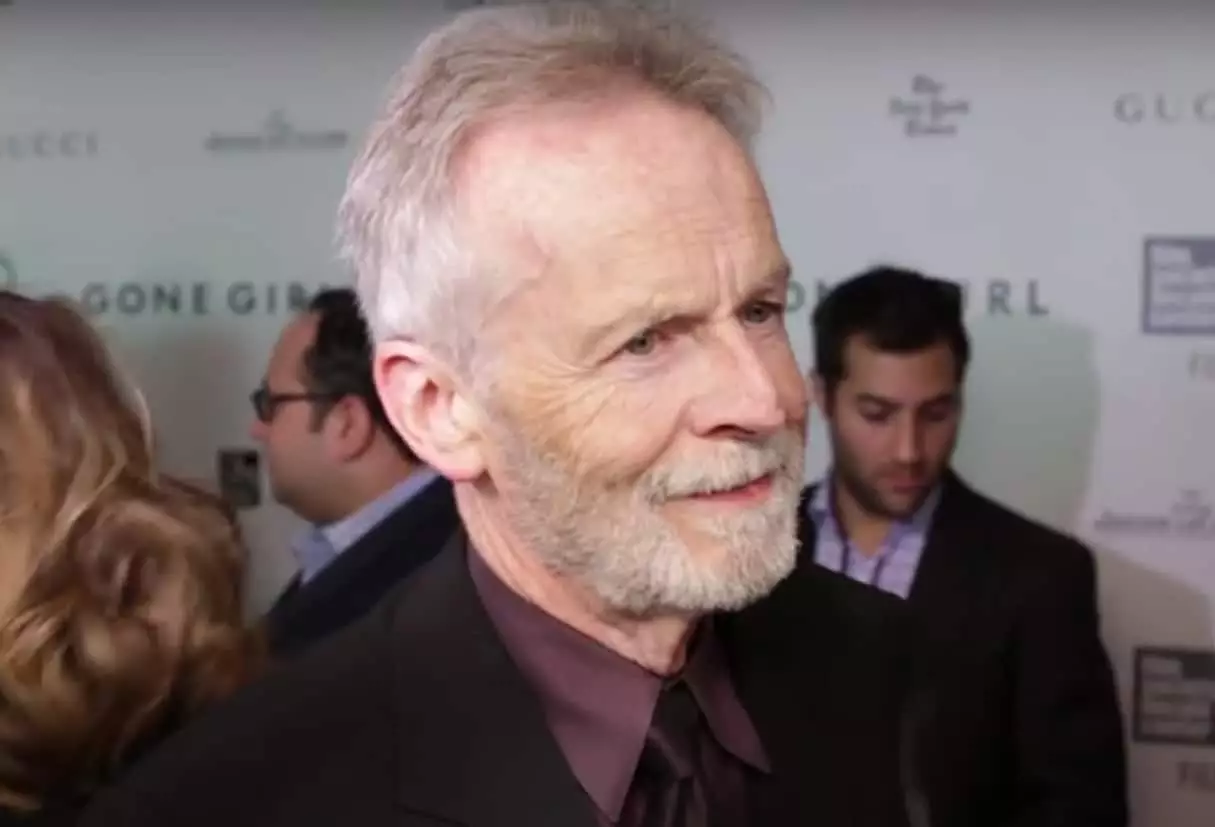In the world of cinema, the intersection of real-life heroes and film has often resulted in powerful narratives that illuminate profound cultural moments. A recent conversation with veteran actor David Clennon at a movie convention shines a spotlight on one such moment: the legacy of Muhammad Ali, particularly through the film “The Greatest.” At 81, Clennon shared not only his experiences from the set of the 1977 film where he had a minor yet significant role, but also his personal admiration for Ali and the impact of his choices during a tumultuous era in American history.
“The Greatest” is not merely a biopic; it serves as a historical testament to a complex figure in American culture. The film features Ali portraying himself, crafting an authentic narrative arc that invites audiences into his life, particularly during his refusal to be drafted into the Vietnam War. This moment was monumental, as Ali risked his boxing career and public standing for his convictions. The presence of esteemed actors such as Ernest Borgnine, Robert Duvall, and James Earl Jones adds depth to the film, but it is Ali’s authentic depiction that resonates most profoundly.
Clennon’s role in the film, albeit brief, is pivotal. He appears in the intense draft refusal scene, physically escorting Ali away from an overwhelming reality. Through Clennon’s portrayal of a U.S. Marshall, not only does he help convey the tension surrounding that moment, but he also embodies the conflict faced by many Americans during that time. The scene encapsulates the larger narrative of Ali’s struggle and the societal implications of his stand against war.
Clennon reflected on his admiration for Ali, calling him a “real hero.” The actor revealed that, at the time, he shared a similar stance on the Vietnam War as a conscientious objector, a perspective that was not only unpopular but also dangerous. For Clennon, Ali represented a beacon of courage in a sea of uncertainty and fear. He described the experience of working alongside Ali as profoundly genuine, noting Ali’s approachability and humility. “He had no big ego,” Clennon stated. “He hung out with us; he ate with us.”
Such reflections highlight not only Ali’s celebrity but also his humanity. Despite facing years of challenges, including a significant suspension from boxing, Ali remained unbitten in spirit and continued to engage joyfully with those around him on set. This portrayal of Ali, not just as a champion in the ring but as a member of the film community, underscores the multidimensionality of his character.
Clennon’s enthusiasm for “The Greatest” as the premier depiction of Ali’s life is notable. While recognizing Will Smith’s performance in the 2001 film “Ali,” Clennon insists that there’s an unparalleled authenticity in witnessing the real Muhammad Ali in the earlier film. This highlights a broader conversation in cinema regarding representation and authenticity. Audiences and critics often grapple with the merits of biopics versus documentaries when telling the real life stories of icons.
Each portrayal of Ali contributes to the cultural tapestry surrounding him, and Clennon’s insights serve as an important reminder of the personal connections actors forge with their subjects. These connections foster greater understanding and appreciation for the individual behind the public figure, stressing the importance of narrative agency in the creation of biographical films.
Clennon’s reflections compel us to reconsider the impact of Muhammad Ali, not just in boxing but as a significant cultural figure. His willingness to speak out against injustice resonated with many, inspiring a generation of thinkers and activists. Ali became a voice of the oppressed, making his legacy one that transcends sports.
In revisiting Clennon’s conversation, we find a poignant reminder of how cinema can immortalize such figures while simultaneously encouraging us to engage with the difficult sociopolitical realities of their contexts. The films we create about our heroes allow us to reflect on our values and aspirations, demonstrating the indispensable role of storytelling in preserving history and fostering dialogue about freedom, justice, and the human spirit.
Through David Clennon’s words, we encounter not only a glimpse of a historical moment but also an enduring legacy of resilience and courage that continues to resonate powerfully today.


Leave a Reply